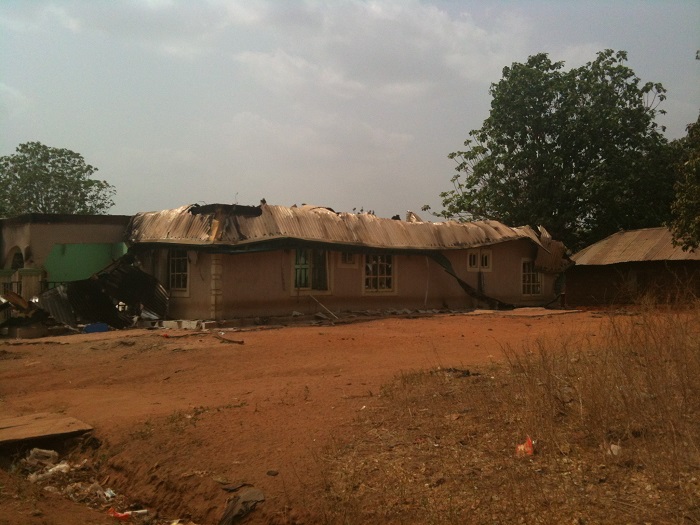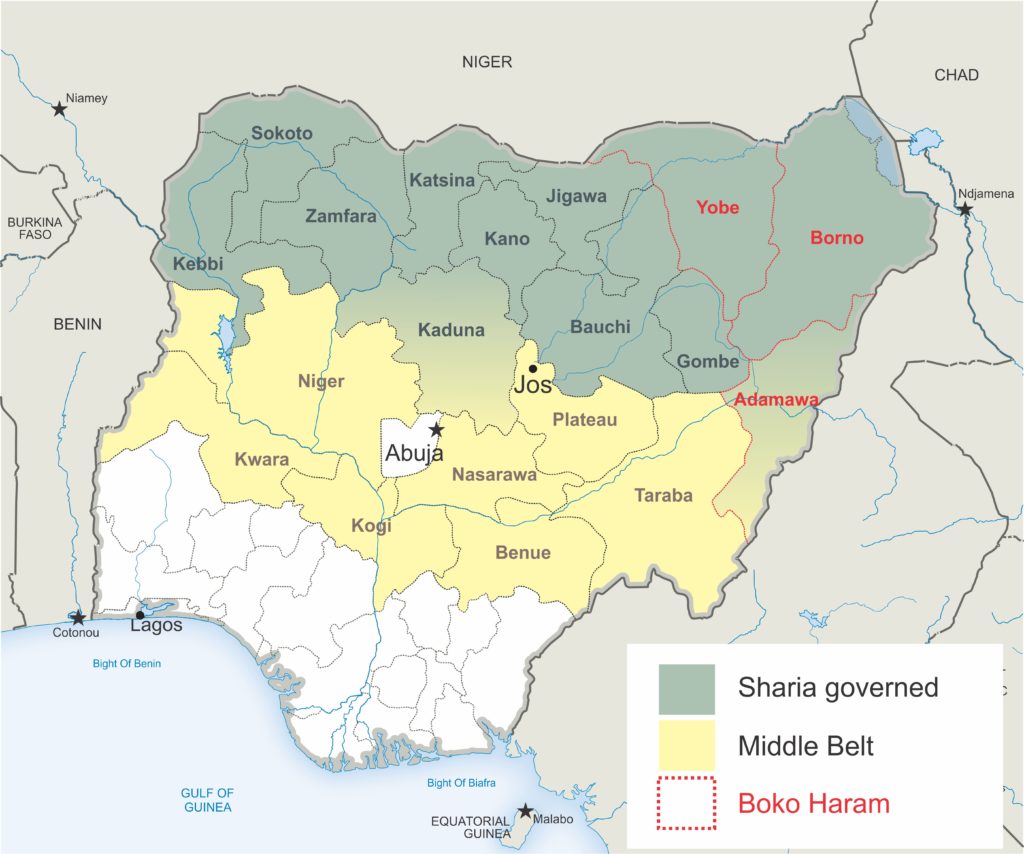
In Nigeria, it isn’t only the northeast regions, stronghold of the radical Islamist sect Boko Haram, that have witnessed severe violence. The Middle Belt of the country, which straddles the divide between the largely Muslim north and the majority-Christian south, is also the scene of ever-continuing violence between settled farmers, who are mostly Christian, and mainly Muslim Hausa-Fulani herdsmen.
Many experts on Nigeria now believe that the violence across the Middle Belt, which World Watch Monitor has reported at length, has been responsible for more deaths than Boko Haram.
Yet to date, the response to the crisis at both federal and state levels has been poor, says the International Crisis Group (ICG) in a new report, published on 19 September. ‘Herders against Farmers: Nigeria’s Expanding Deadly Conflict’ highlights several initiatives at various levels which, it says, have failed to curb the violence.
“The government typically deploys the federally controlled police, and sometimes the army, to areas reporting attacks or clashes. These forces, poorly deployed in rural areas, often lack logistics for rapid response, especially across difficult terrain,” says the report.
“In February 2016, following a public outcry over scores killed in the Agatu area, Benue state, President Buhari ordered a probe, pledging that ‘once the investigations are concluded, we will act immediately to address the root of the problem’. There has been no public report of that investigation or follow-up action,” the ICG says.
“In April 2016, President Buhari said he had ordered security forces to ‘take all necessary action to stop the carnage’, pledging that stopping the violence had become a priority of his administration. Since then there have been many incidents and hundreds killed.”
The ICG also says there has been “feeble” judicial action. “Police occasionally arrest and prosecute both herders and vigilantes bearing firearms, but relatively few perpetrators of violence face justice. Impunity has encouraged actors to take matters into their own hands,” it says.
 The report backs up the views of analysts including Professor Yusufu Turaki, Director of the Centre for the Study of Religion, Church and Society at Jos ECWA Theological Seminary in Nigeria, who spoke to World Watch Monitor recently.
The report backs up the views of analysts including Professor Yusufu Turaki, Director of the Centre for the Study of Religion, Church and Society at Jos ECWA Theological Seminary in Nigeria, who spoke to World Watch Monitor recently.
“They [the authorities] will start something as if they are serious about it, but after a few weeks the thing sinks and nothing happens again,” he said. “We have seen a lot of that. This for me has become the culture: the culture of making ripples, making a noise and fooling the people into thinking that you are doing something, but actually not meaning it.”
The Catholic Bishop, Joseph Bagobiri, from the Diocese of Kafanchan, southern Kaduna, who has counted at least 800 deaths between 2011 and the end of 2016, accused the government of siding with the herdsmen, to the disappointment of the majority of southern Kaduna’s indigenes and Christians.
“[Buhari] unabashedly takes sides with the armed herdsmen, his kinsmen, thereby failing in his responsibility as a true statesman, becoming therefore a biased umpire who blames and criminalises southern Kaduna victims as the cause of the mayhem,” he said after a Fulani attack on Easter Saturday.
Meanwhile, a 2016 report from the World Watch Research unit of Open Doors, said: “The administration of President Buhari has been very slow to recognise the severity of the problem and come up with a plan to address it. While [he] made it a priority for the Nigerian armed forces to defeat Boko Haram in northern Nigeria and demanded that this be accomplished in a relatively short period of time, he has paid little attention, in comparison, to the situation in the Middle Belt.”
